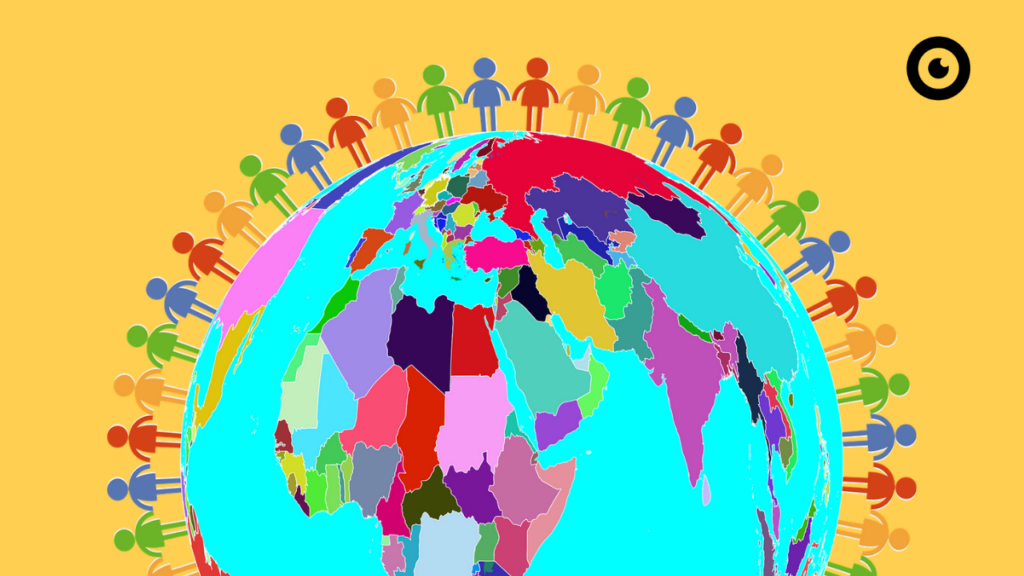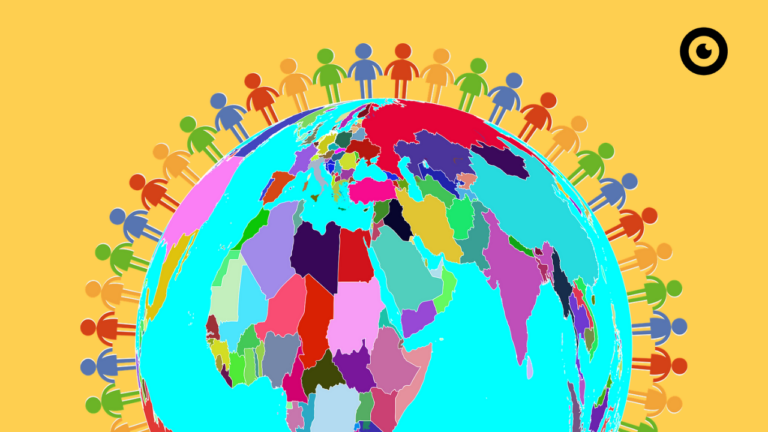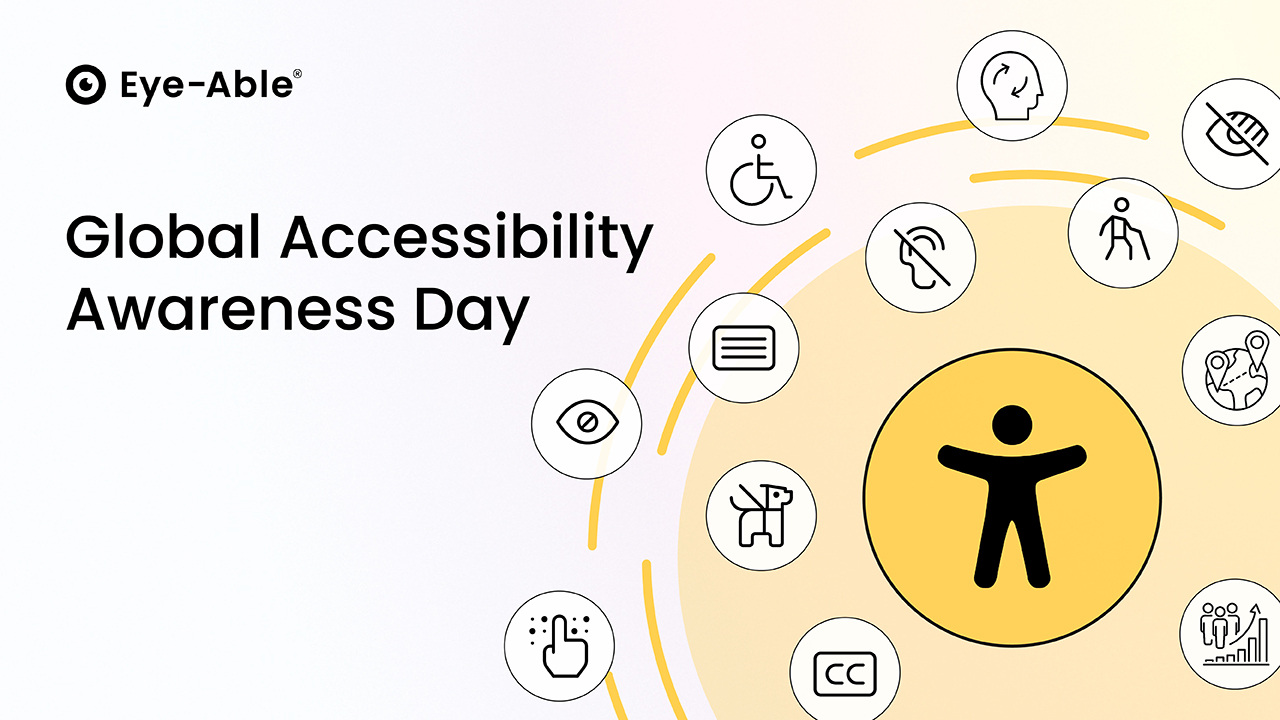Accessibility is a central issue for an inclusive society and plays a key role in ensuring equal rights and opportunities for people with different abilities. In many countries, there are few or no specific regulations relating to accessibility. Eome have over time have emerged as true pioneers in accessibility. Here are the top 5 most accessible countries worldwide and the measures they are taking to promote inclusion:
Germany
Germany has established itself as one of the leadingcountries in terms of accessibility. The German government has enacted comprehensive laws and standards to ensure that public facilities, transportation and digital platforms are accessible to all. Barrier-free building regulations, accessible transportation and financial incentives for companies that invest in accessible infrastructure are just a few examples of the measures Germany has taken. Also through the Europe-wide EAA, the European Accessibility Act, which regulates digital accessibility for public and private website operators and comes into comes into force from 2025, a high accessibility standard is set here.
Sweden
Sweden Sweden has successfully established itself as one of the most barrier-free countries worldwide. There is even a legal authority, responsible for inclusion. This sSwedish Agency for Accessibility coordinates efforts to promote accessibility. The Swedish government focuses on awareness-raising and training to sensitize society to the needs of people with disabilities. In addition, public transportation, buildings and digital services are designed to be largely barrier-free. As a European country, the standard set by the European Accessibility Act standard for digital accessibility.
Canada
Canada has embraced the idea of diversity and inclusion very seriously for some time now seriously and has implemented comprehensive measures to promote accessibility. The country has among other things the law "Accessible Canada Act", which ensures that both the public and private sectors take measures to ensure accessibility. Investments in accessible transportation and accessible buildings are key elements of these initiatives.
Australia
Australia is strongly committed to an inclusive society and has implemented several initiatives to promote accessibility. The "Disability Discrimination Act of 1992 states that discrimination on the basis of disability is illegal and requires businesses, institutions and service providers to provide accessibility. Australia is also investing in accessible education and workplaces to promote the inclusion of people with disabilities in all areas of life.
Japan
Japan stands out in terms of accessibility is characterized by its advanced technologies, which are also used innovatively in terms of accessibility. The country has taken a holistic approach to accessibility, covering public spaces, transportation and digital platforms. Accessible toilets, tactile guidance systems at train stations and investments in accessible technologies are just of the measures Japan has taken to improve the quality of life for people with disabilities.
The countries with the highest accessibility standards in the world rely on comprehensive laws, technology, awareness-raising and education to ensure their societies are inclusive and accessible. These countries serve as inspiring examples for the rest of the world and show that an inclusive society is not only possible, but also desirable. Progress in accessibility not only contributes to improving the quality of life of people with disabilities, but also creates a more diverse and inclusive society for all. Let's work together to create an inclusive world where everyone is included!






